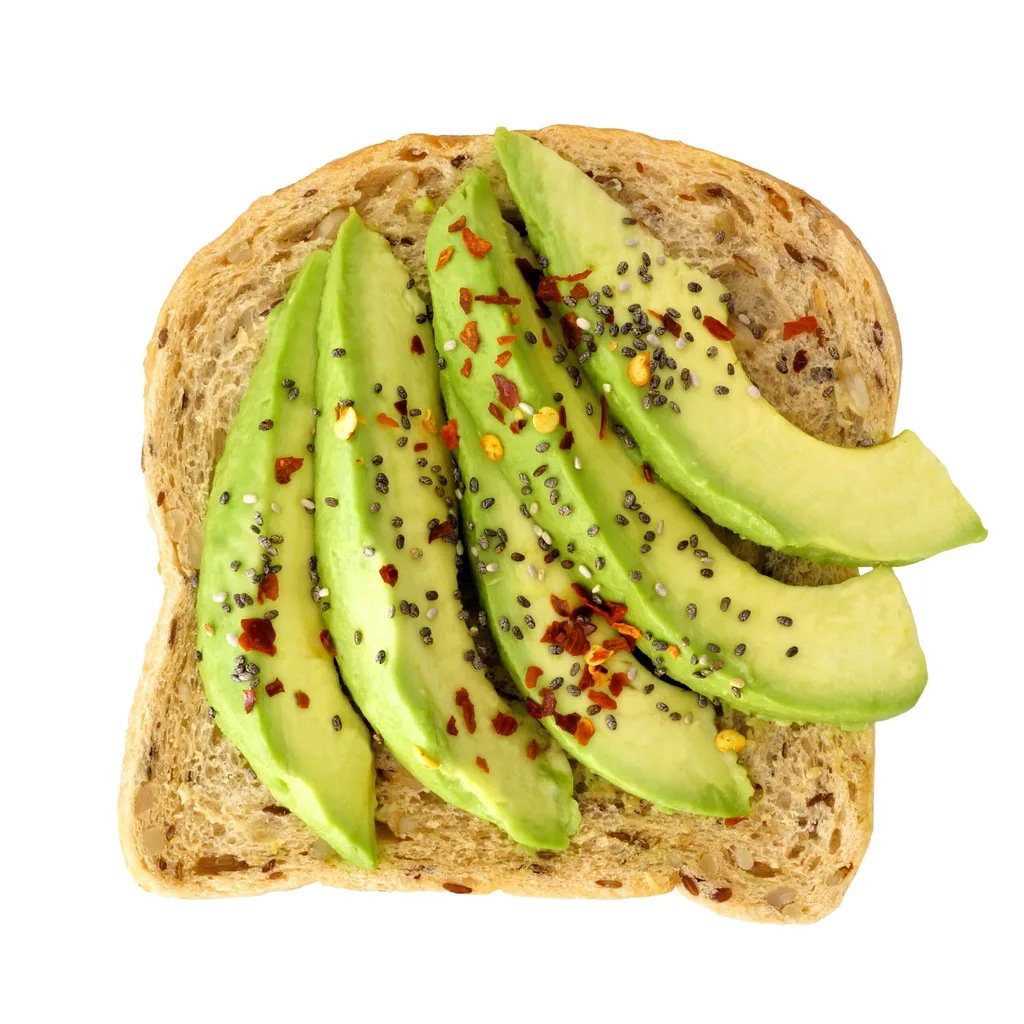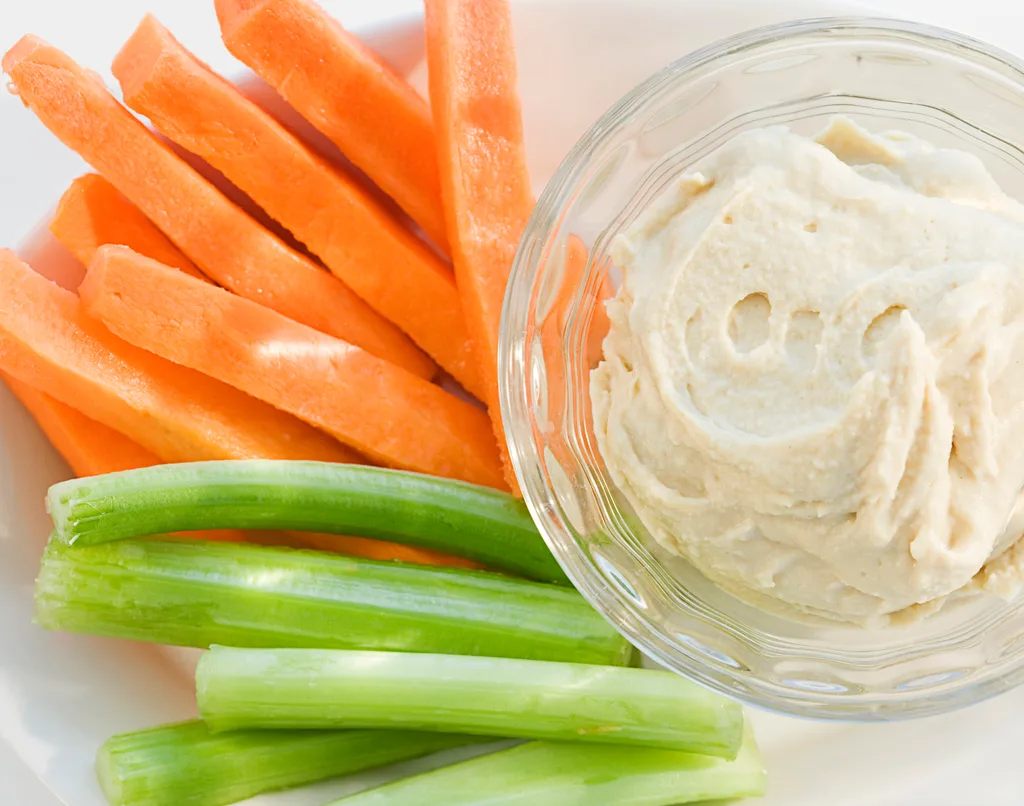The lead-up to holidays (or long weekend) can be both exciting and stressful. Coupled with an abundance of food, it’s a perfect storm that can lead to emotional eating. Bingeing on I’m-in-holiday-mode treats can also lead to feelings of guilt, triggering a cycle that results in more emotional eating.
So how do you avoid this, while still enjoying food? Clinical psychologist Dr Melissa McCreery says identifying the areas where you’re vulnerable makes you aware of your triggers, so you can take steps to mitigate them.
Being tired, stressed or having a bad day may make you reach for food when you’re not hungry. Author and eating disorder specialist Dr Carolyn Coker Ross says the holidays can also stir up feelings that lie dormant the rest of the year.

She says instead of burying your feelings in food, take time to identify what you’re feeling, have a safe place to express your emotions without fear of judgement, and have a strategy to deal with emotions in difficult situations; eg when relatives push food on you. The long weekend or holidays can also throw you off your normal habits.
McCreery recommends you figure out what is essential to you functioning at your best, whether it’s getting outside, being active or keeping a journal. Knowing what’s non-negotiable makes it easier to slip these into your day. You might not be able to fit in an hour’s workout or meditation, but you can walk around the block or take five minutes to sort through your thoughts.
When you take care of your wellbeing in this way, you won’t be raiding the fridge to fill the gaps.

Moderation is also key. Psychologist Dr Nancy Darling says work out which foods you love, choose reasonable portions of them, then take time to enjoy them. When you know what foods are your must-haves, it’s easier to pass over the treats you don’t love.
Her strategy for parties is to load up on the healthiest foods and add some of the high-calorie foods you love. If you’re still hungry, you can go back for seconds of the food you love, as you haven’t filled up on things you merely like.
Don’t label food ‘bad’ or ‘good’, says Ross; instead eat what you enjoy, but do so mindfully. Slow down, pay attention to taste, and to your body’s hunger and satiety cues. She says, “When we eat mindfully, we usually eat less because we’re satisfying all of our senses. We may still choose to eat comfort foods but we’ll be more aware of the emotional connections these foods have as well as their taste.”
Going for a ‘try your best’ approach will reduce the stress around eating. Learn what strategies work and which ones don’t, and by all means tweak your plan accordingly. Darling says if you break a ‘rule’, let it go and move on rather than giving up. While you can’t change your past actions, you can always start over.


